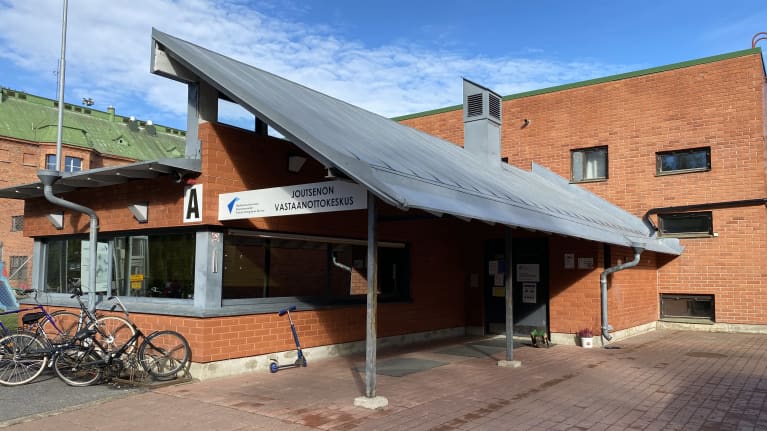The Finnish Immigration Service (Migri) will in the future try to place Ukrainian applicants for temporary protection and Russian asylum seekers in different facilities, the agency said on Twitter.
"The situation is peculiar to the war. We are in a new situation in reception centres. We thought it was time to change our traditional accommodation policy," said Pekka Nuutinen, Director of Migri's Reception Union.
The arrival of Russian asylum seekers in Finland has raised concerns. The Ukraine Association in Finland said on Saturday that the placement of men who have fled Russia in close proximity to Ukrainian women and children poses a significant threat to their mental and physical well-being.
The association pointed out that the vast majority of Russians in opinion polls support the war against Ukraine and the association also believes that the mobilisation has not made a significant dent in changing Russian public opinion.
From institutions to housing
According to Nuutinen, the new Russian asylum seekers are now being housed elsewhere than in institutions such as reception centres.
Separating Russian and Ukrainian arrivals also means moving people from institutions to, for example, housing-based reception centres.
"We are now starting to work on this. Let's see if in some places there would be only one side. We are working towards a situation as soon as possible where there would not be both sides in the centres, at least not significantly," Nuutinen told Yle.
He pointed out that there are still many issues to be clarified. For example, there may be families in reception centres where one parent is Russian and the other Ukrainian.
There are currently about 35,000 Ukrainians and about 1,000 Russians registered in reception centres, while about 14,000 Ukrainians and about 550 Russians currently live in the centres.
Coexistence goes smoothly in Joutseno
Russians and Ukrainians have lived in harmony, at least at the Joutseno reception centre, said Antti Jäppinen, the centre's director. He suspected that the situation is similar in other centres.
"The Russians and Ukrainians here have very similar views on the brutal war of conquest launched by Putin. They consider it a great tragedy and are, of course, against the war," Jäppinen shared with Yle.
Migri has not heard of any major conflicts either.
"In practice, coexistence has gone remarkably well under the circumstances", Nuutinen said.
